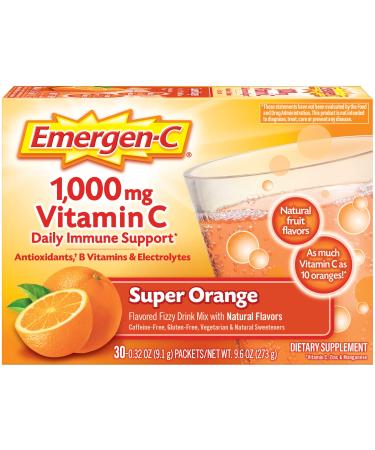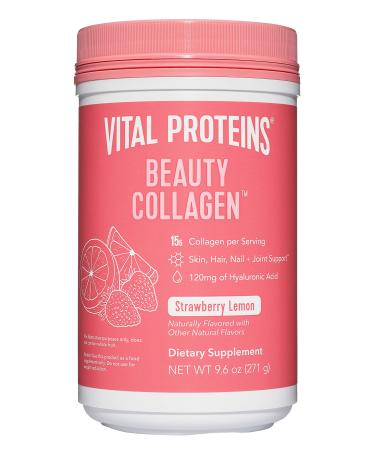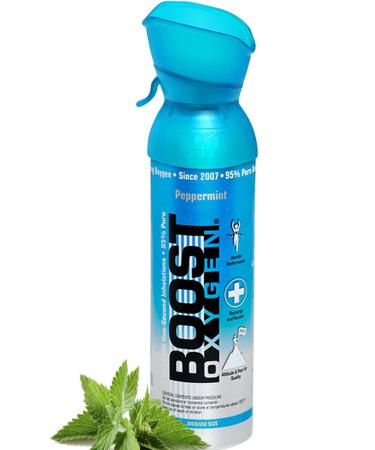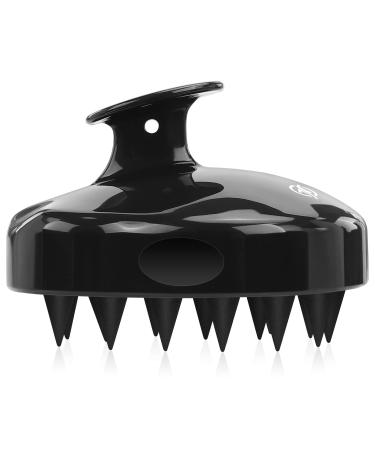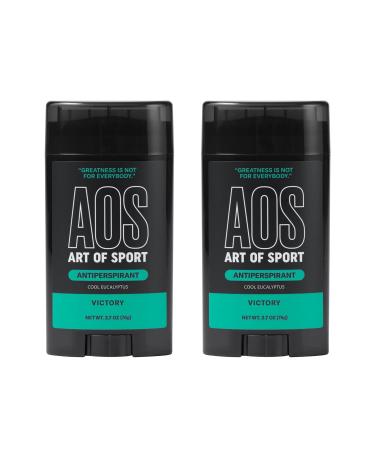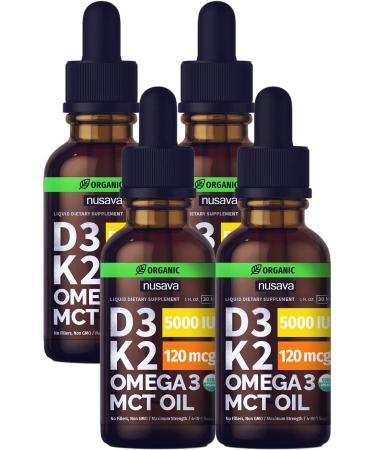_x000D_
In an exploratory trial of eight healthy men accustomed to a moderate amount of exercise (no more than 2.5 hours per week), the effect of MSM on antioxidant capacity after exercise was investigated. Half of the participants were given 1.5 grams of OptiMSM per day, and the other half 3.0 grams per day. Both groups took the MSM for 30 days, and were instructed to split their daily dose in order to take half of it in the morning and half in the evening. On two exercise test days (before and after 28 days of MSM consumption), participants took their morning MSM dose immediately prior to eating a standardized breakfast, then performed 18 sets of a standardized exercise. A statistically significant increase in blood antioxidant capacity following exercise was reported in the group taking 3 grams MSM daily, as measured by the well-accepted Trolox Equivalent Antioxidant Capacity assay.12.
_x000D_
MSM has been suggested to support healthy immune function through antioxidant actions. Neutrophils, the most abundant white blood cells in the body, routinely release free radicals crucial to their immune activities; this can be a double-edged sword, as excessive free radical generation contributes to oxidative stress. Laboratory research suggests MSM can help regulate free radical production by neutrophils.14 In mice macrophage (immune) cells, MSM was shown to down-regulate overactive immune factors without being toxic to the cells.15 In a mouse model examining joint health, MSM dissolved in the d inking water influenced immune function in a way that significantly supported joint structure and function when compared to mice in a control group.16.
_x000D_
MSM’s benefits for human immune function were studied in an open-label clinical trial. A total 50 men and women were given OptiMSM, 2.6 grams per day for 30 days.17 The MSM was given as four 650 mg capsules-two in the morning and two in the afternoon-each day. Immune function was measured by questionnaire, which included three subsections of questions about upper respiratory health (the head, eyes, nose, and throat), lower respiratory health (the lungs and chest), and energy level. The data suggested MSM produced clinically significant support for the upper respiratory system after one week, the lower respiratory system after three weeks, and enhanced energy levels after two weeks. These benefits continued into the fourth and final week of the study. A subset of 16 participants who experienced the least benefit from the MSM were selected to continue taking OptiMSM for an additional 14 days, but at the higher dose of 5.2 grams per day. These individuals then reported experiencing significantly enhanced energy levels and superior overall respiratory scores.
_x000D_
While new research is exploring the potential of methylsulfonylmethane in promoting the maintenance of GI health18 and bone health,19 the current clinical evidence shows MSM provides meaningful support for the joints, for immune function, and for the body’s antioxidant and overall protective capacities. MSM is proven very safe to take, very well tolerated, and effective at intakes as high as 6000 mg (6 grams) per day.
_x000D_
Scientific References:
_x000D_
1. Monograph. Altern Med Rev 2003;8:438-41.
_x000D_
2. Parcell S. Altern Med Rev 2002;7:22-44.
_x000D_
3. Lovelock JE, Magga RJ. Nature 1972;237:452-453.
_x000D_
4. Jacob SW, Herschler R. Annals of the NY Acad Sci 1983;411:xiii-xvii.
_x000D_
5. Pearson TW, Dawson HJ, Lackey HB. J Agric Food Chem 1981;29:1089-91.
_x000D_
6. Silva Ferreira AC, Rodrigues P, Hogg T, Guedes De Pinho P. J Agric Food Chem 2003;51:727-32.
_x000D_
7. Debbi EM, Agar G, Fichman G, others. BMC Complement Altern Med 2011;11:50.
_x000D_
8. Kim LS, Axelrod LJ, Howard P, others. Osteoarthritis Cartilage 2006;14:286-94.
_x000D_
9. Usha PR, Naidu MU. Clin Drug Investig 2004;24:353-63.
_x000D_
10. Ezaki J, Hashimoto M, Hosokawa Y, Ishimi Y. J Bone Miner Metab 2013;31:16-25.
_x000D_
11. Fisher-Wellman K, Bloomer RJ. Dyn Med 2009;8:1.
_x000D_
12. Kalman DS, Feldman S, Scheinberg AR, others. J Int Soc Sports Nutr 2012;9:46.
_x000D_
13. Maranon G, Munoz-Escassi B, Manley W, others. Acta Vet Scand 2008;50:45.
_x000D_
14. Beilke MA, Collins-Lech C, Sohnle PG. J Lab Clin Med 1987;110:91-6.
_x000D_
15. Kim YH, Kim DH, Lim H, others. Biol Pharm Bull 2009;32:651-6.
_x000D_
16. Hasegawa T, Ueno S, Kumamoto S, Yoshikai Y. Jpn Pharmacol Ther 2004;32.
_x000D_
17. Barrager E, Veltmann JR, Jr., Schauss AG, Schiller RN. J Altern Complement Med 2002;8:167-73.
_x000D_
18. Amirshahrokhi K, Bohlooli S, Chinifroush MM. Toxicol Appl Pharmacol 2011;253:197-202.
_x000D_
19. Joung YH, Lim EJ, Darvin P, others. PLoS One 2012;7:e47477.
_x000D_




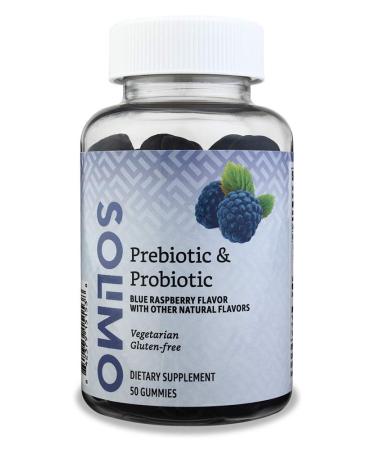
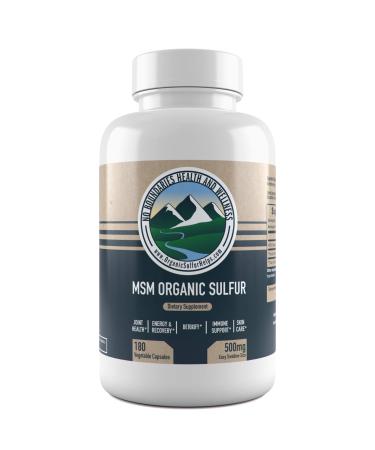
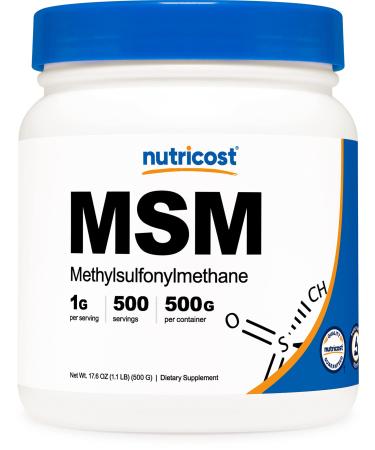
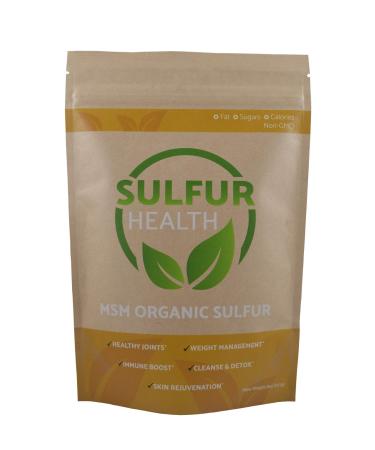



![Stewart Freeze Dried Dog Treats Made in USA [Single Ingredient Puppy and Dog Training Treats - Grain Free Natural Dog Treats] Resealable Tub to Preserve Freshness](https://www.gosupps.com/media/catalog/product/cache/25/small_image/375x450/9df78eab33525d08d6e5fb8d27136e95/6/1/61gwbbixarl._ac_sl1500_.jpg)
